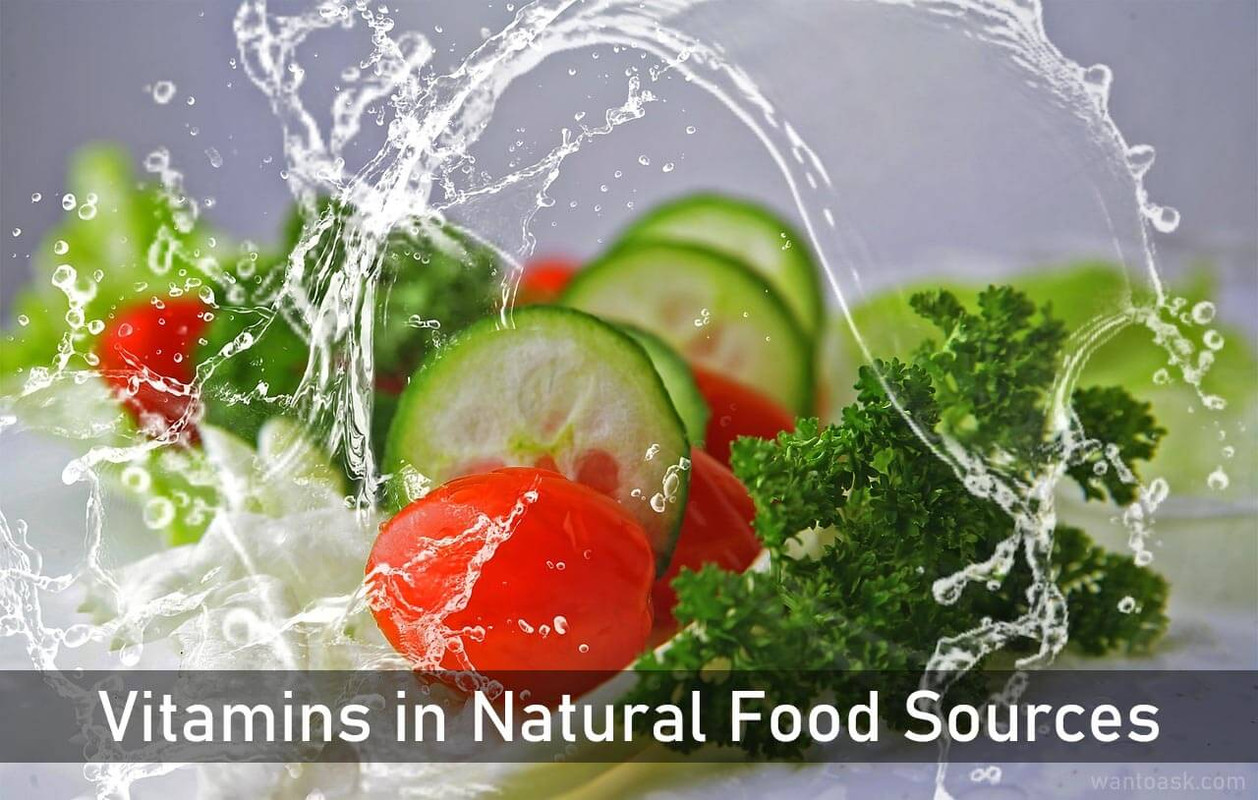
The Vitamin Truth: Can You Get It All From Food?
The quest for natural, healthy habits often leads us to wonder: can we get all the vitamins we need from natural food sources, skipping supplements altogether? While nature's bounty offers a wealth of essential nutrients, the answer isn't quite as simple as a yes or no. Let's delve into the fascinating world of vitamins and explore where food shines and where supplements might play a role:
The Power of Plants and Animals: Food as a Vitamin Source
Absolutely! Many fruits, vegetables, whole grains, and even animal products are excellent sources of vitamins. Here's a glimpse:
- Vitamin A: Sweet potatoes, carrots, spinach, mangoes, and eggs are packed with this vision-boosting vitamin.
- Vitamin C: Citrus fruits, bell peppers, broccoli, and kiwifruit are brimming with this immune-supporting powerhouse.
- B Vitamins: Leafy greens, nuts, seeds, and legumes offer a diverse range of B vitamins essential for energy metabolism and nervous system function.
- Vitamin D: Fatty fish like salmon and tuna, along with exposure to sunlight, provide this bone-strengthening vitamin.
Nature's Nuances: Absorption, Availability, and Individual Needs
Nevertheless, several factors merit consideration:
- Absorption: Not all vitamins from food are absorbed with the same efficiency as those in supplements. Factors like cooking methods and individual differences can affect absorption rates.
- Dietary Choices: Restrictive diets, picky eating, or limited access to diverse foods can make it challenging to meet all your vitamin needs through food alone.
- Individual Needs: Age, pregnancy, certain medical conditions, and genetic factors can increase individual vitamin requirements, making supplementation necessary.
Bridging the Gap: When Supplements Step In
So, when might supplements come into play?
- Filling the Gaps: If your diet consistently falls short in certain vitamins, a targeted supplement can help bridge the nutritional gap.
- Convenience and Consistency: Busy lifestyles or limited access to fresh produce can make supplements a convenient way to ensure consistent vitamin intake.
- Specific Needs: Individuals with specific health conditions or increased requirements may benefit from tailored supplement regimens recommended by a healthcare professional.
Remember, Food First! Supplements as a Support System
It's crucial to remember that food should always be the primary source of vitamins. Prioritize a balanced, diverse diet rich in fruits, vegetables, whole grains, and lean protein. Supplements should be seen as supportive tools, not replacements for a healthy diet.
A Collaborative Approach to Wellness
The truth is, there's no one-size-fits-all answer. Whether you get all your vitamins from food, rely on supplements, or take a combined approach depends on your unique dietary habits, health needs, and lifestyle. Consulting a registered dietitian or healthcare professional can help you create a personalized plan to ensure you're getting the vitamins you need for optimal health and well-being.
Remember, the key to optimal vitamin intake lies in a balanced approach. Prioritize a rich and diverse diet, and consider supplements in consultation with a healthcare professional to address any specific needs or gaps. By working together, food and supplements can be powerful allies in your journey towards optimal health.
Navigating the Nutritional Maze: Vitamins vs. Supplements Explained
In our previous exploration, we delved into the world of vitamins and whether you can get them all from food sources. Now, let's take a closer look at supplements and understand how they differ from vitamins found naturally in food:
Demystifying Supplements: What are They and How Do They Work?
Dietary supplements are products intended to supplement the diet with additional nutrients like vitamins, minerals, herbs, or other substances. They come in various forms like capsules, tablets, powders, and liquids.
Key Differences: Unveiling the Distinctions
Here's a breakdown of the key differences between vitamins and supplements:
| Vitamin | Supplement |
|---|
| Source | Naturally occurring in food |
| Composition | Specific vitamin or mineral |
| Regulation | Less strict regulations |
| Absorption | Varies depending on vitamin and food source |
| Dosage | Tailored to individual requirements and dietary intake. |
Understanding the Pros and Cons: Making Informed Choices
Supplements can offer some potential benefits:
- Filling nutritional gaps: When dietary intake falls short, supplements can help bridge the gap and ensure you're meeting your vitamin and mineral needs.
- Targeted support: Individuals with specific health conditions or increased requirements may benefit from targeted supplement regimens.
- Convenience and consistency: Supplements can be a convenient way to ensure consistent intake of certain nutrients, especially for busy individuals or those with limited access to fresh produce.
Nevertheless, it's crucial to be mindful of potential disadvantages:
- Not a replacement for a healthy diet: Supplements should never be used as a substitute for a balanced, diverse diet rich in fruits, vegetables, and whole grains.
- Overconsumption risks: Taking too many supplements can lead to adverse effects, so following recommended dosages and consulting a healthcare professional is crucial.
- Not a magic bullet: Supplements don't treat or cure diseases and should not be seen as a quick fix for health concerns.
The Verdict: A Balanced Approach is Key
Ultimately, both vitamins and supplements have their place in a comprehensive approach to health. Prioritize a rich and diverse diet as the foundation for your nutrient intake. Then, consider supplements in consultation with a healthcare professional to address any specific needs or gaps identified through dietary analysis or blood tests.